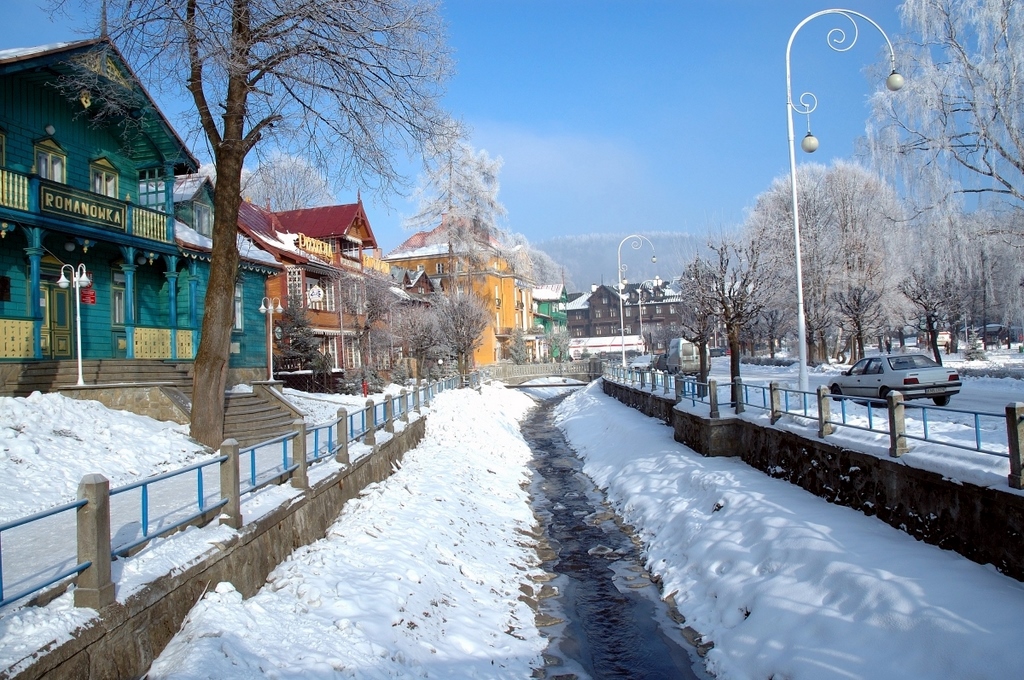After several years he came to Cracow and became a professor and director of the Faculty of the Internal Medicine and Medical Clinic of the Jagiellonian University. He actively participated in life and development of Cracow. Especially, in the years 1866 – 1874, when he was a president of Cracow ( during his term of office town doubled its profit, School of Fine Arts was launched and municipal waterworks were built). In the years 1862 – 1866 he launched and became editor of the magazine Medical Review. Among the most important works of Dietl are: ‘ About Quinine and its Effect’, ‘About Diagnosis and Medical Treatment of Typhus’, ‘About Plica’(which he didn’t recognise as an illness), ‘About Rheumatic Arthritis Treatment ‘.
He founded new medicine science – balneology and promoted physical therapy and hygiene and diet treatment. Having visited all more important health resorts in Poland and abroad, he concluded that Polish are of the same standard as those abroad. He became a great propagator of Polish health resorts. Dietl was first to have classified Polish healing spring waters.
Professor arrived in Krynica in 1856 with a special committee whose task was to evaluate the developmental prospects of the spa. Experts with Dietl as a head of the board worked out plans of using more up to date spa facilities in Krynica, which were widely used in European spa resorts. Our activist took the initiative and such facilities were built as: mineral and peat baths, municipal waterworks and covered pump room.
Józef Dietl took care of his private life long after graduating – in 1846 he married nineteen years younger Helena Zieterbarth coming from Vienna. He didn’t have children so his fortune was inherited by his nephew. In January 1878 he was buried in the Rakowicki Cemetery in Cracow. Dietl with his commitment and work for Poles was honoured with many awards – among them Golden Order of Merit and Papal Commander Order.
A monument of Józef Dietl, designed by Leon Zawielski, was unveiled in Krynica, in 1900. There is an inscription over it: ‘For its Reviver Grateful Krynica’.



